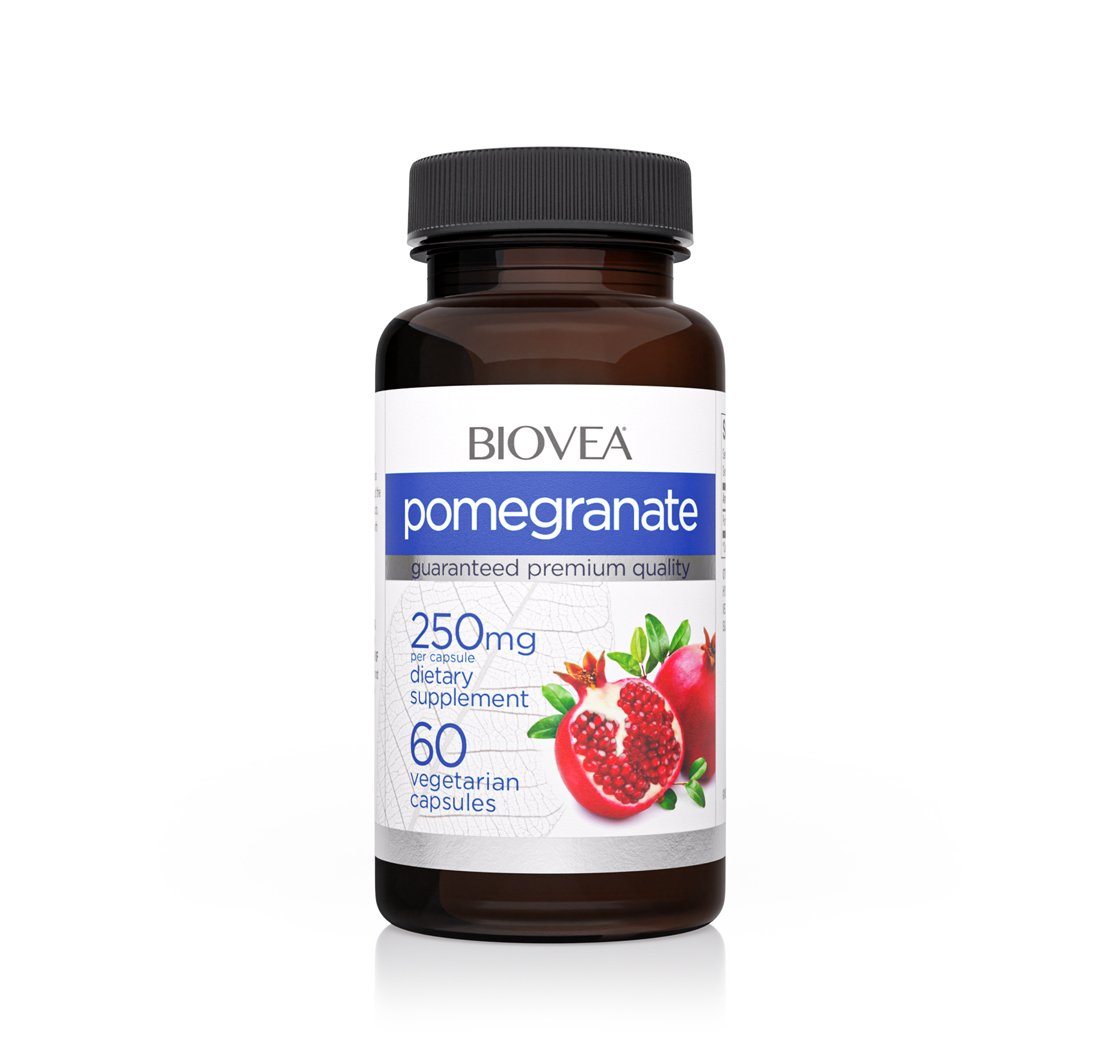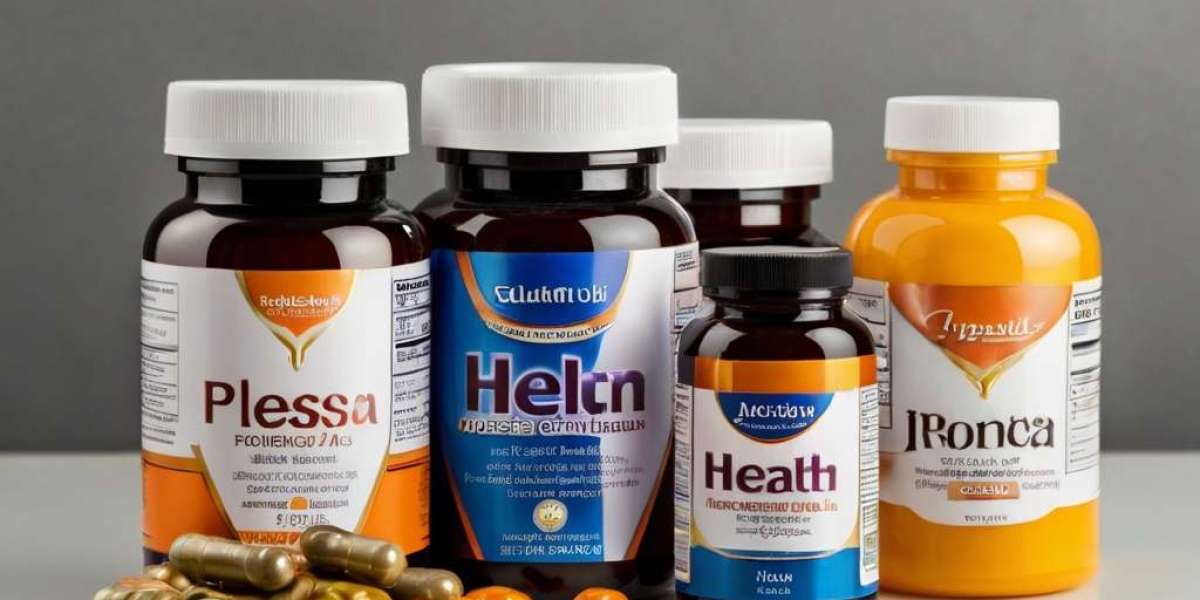While iron is found in a variety of foods such as meats, poultry, fish, Betaine HCL supplements legumes, and fortified cereals, some individuals may not obtain enough iron from their diet alone. This is especially true for vegetarians, vegans, women of childbearing age, and individuals with certain medical conditions that can lead to iron deficiency. In these cases, iron supplements can be a useful and effective way to increase iron levels in the body and prevent or treat iron deficiency.
 Iron supplements are available in various forms, including ferrous sulfate, ferrous gluconate, and ferric citrate. These supplements can be taken in pill or liquid form and are typically recommended by healthcare providers based on individual needs and iron levels. It is important to follow the recommended dosage and instructions provided by a healthcare provider to ensure the safe and effective use of iron supplements.
Iron supplements are available in various forms, including ferrous sulfate, ferrous gluconate, and ferric citrate. These supplements can be taken in pill or liquid form and are typically recommended by healthcare providers based on individual needs and iron levels. It is important to follow the recommended dosage and instructions provided by a healthcare provider to ensure the safe and effective use of iron supplements.Research has shown that iron supplements can be beneficial for individuals who are at risk of iron deficiency or who have been diagnosed with iron deficiency anemia. Studies have demonstrated that iron supplementation can increase hemoglobin levels, improve energy levels, and alleviate symptoms associated with iron deficiency. In pregnant women, iron supplements can reduce the risk of preterm birth, low birth weight, and maternal anemia. For individuals with chronic conditions such as kidney disease, iron supplements may help improve quality of life and overall health.
Despite the benefits of iron supplements, it is important to note that excessive iron intake can be harmful and lead to iron overload. Iron overload can cause damage to organs such as the liver and heart and increase the risk of chronic diseases such as heart disease and cancer. For this reason, it is crucial to consult with a healthcare provider before starting iron supplementation, especially for individuals with underlying health conditions or who are at risk of iron overload.
In addition to medical supervision, individuals can also take steps to increase iron absorption and maximize the benefits of iron supplements. Consuming vitamin C-rich foods such as citrus fruits, tomatoes, and bell peppers can enhance iron absorption from plant-based sources. Avoiding the consumption of calcium-rich foods or supplements at the same time as iron supplements can also improve iron absorption. It is recommended to take iron supplements on an empty stomach or with vitamin C-rich foods for optimal absorption.
In conclusion, iron supplements play a crucial role in maintaining optimal health and preventing iron deficiency and anemia. These supplements can be beneficial for individuals with specific dietary needs or medical conditions that put them at risk of iron deficiency. However, it is essential to use iron supplements under the guidance of a healthcare provider and to be mindful of potential risks associated with excessive iron intake. By incorporating iron supplements into a well-balanced diet and lifestyle, individuals can support their overall health and well-being.









